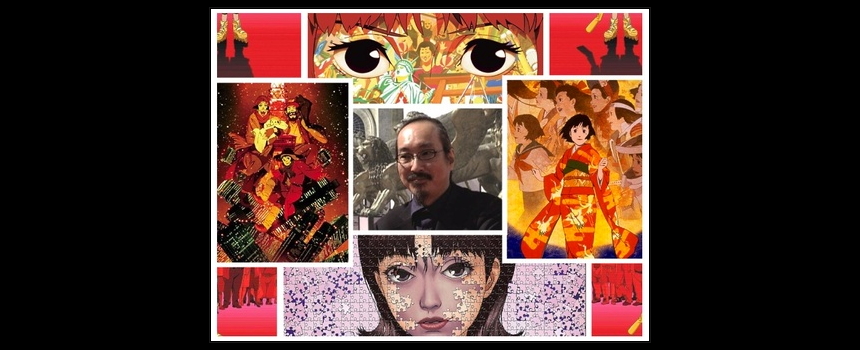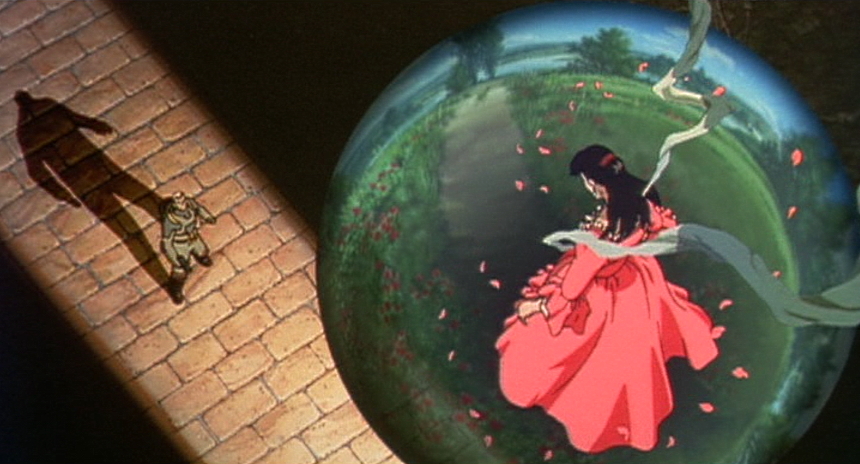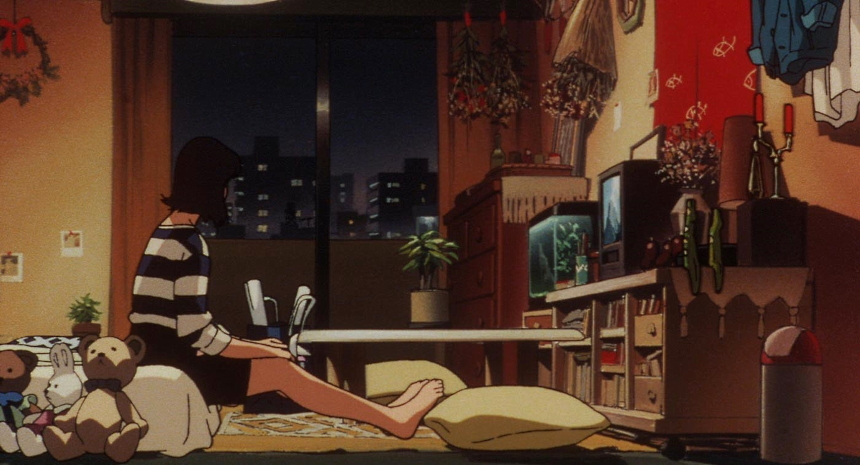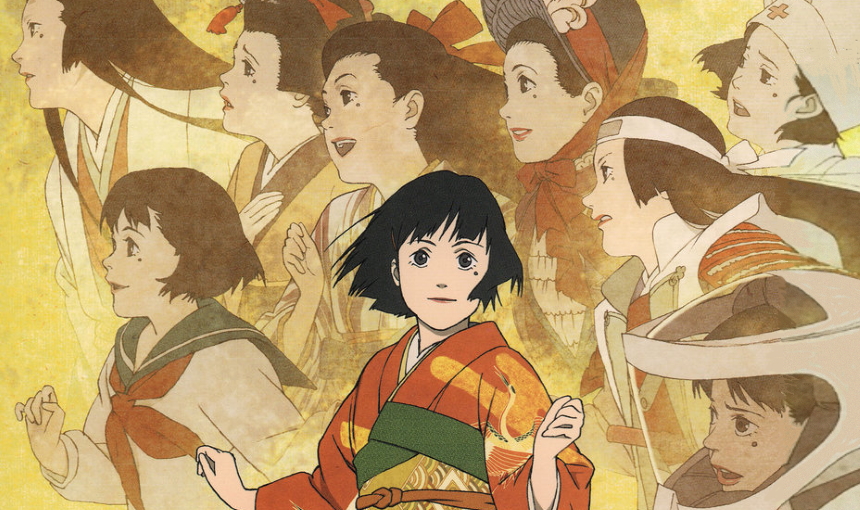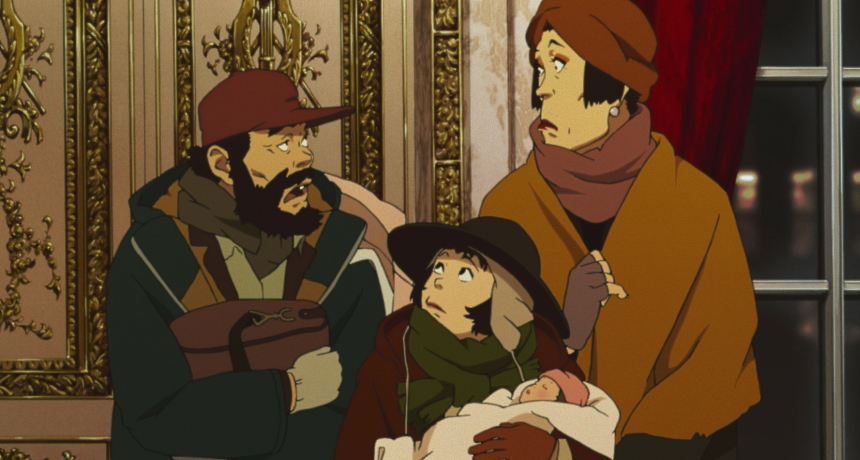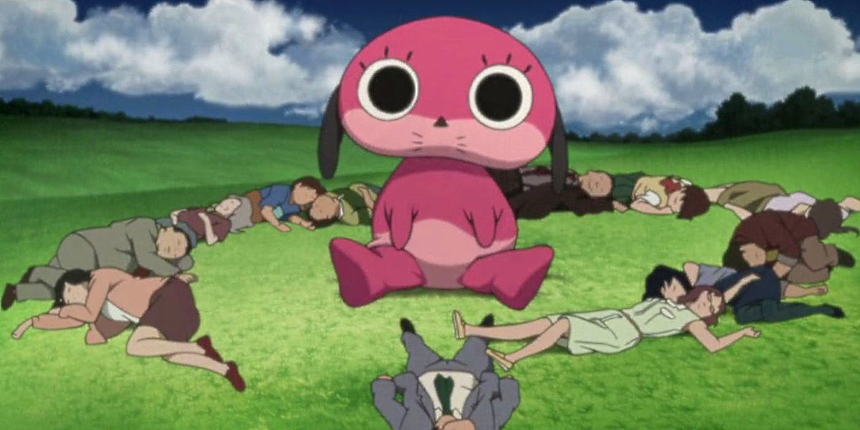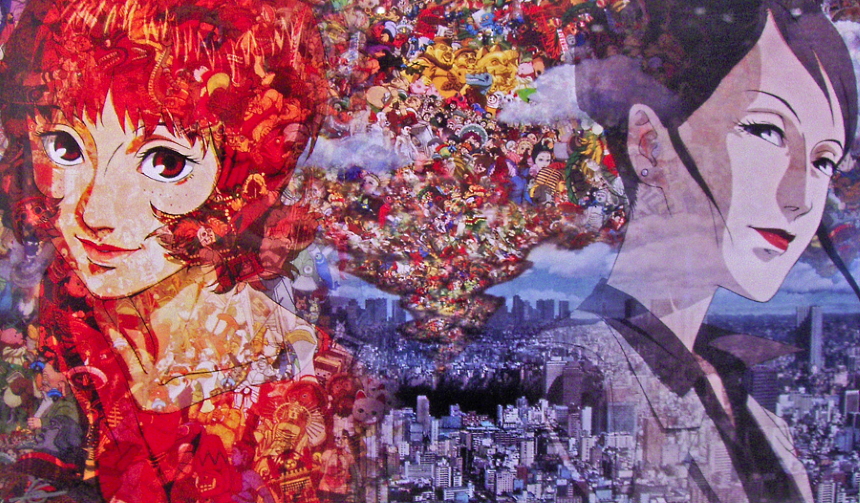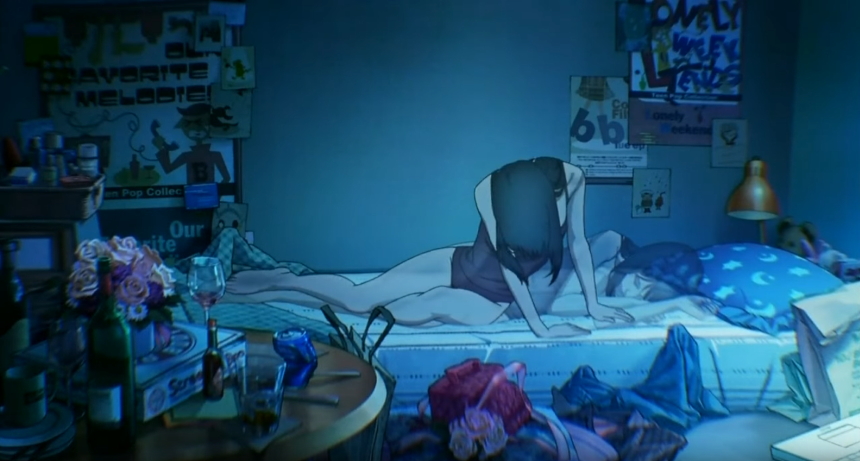Remembering A Genius: Kon Satoshi, Who Left Us Ten Years Ago.
You know about those historical moments, of which you can remember exactly where you were and what you were doing when the news broke? Ten years ago, I was called out of bed in the morning by an anime-loving friend of mine, who stated that the Japanese artist and director Kon Satoshi was dead. Immediately I jumped behind a computer and started browsing through the established news sites to see if it was true, and unfortunately it was. On the 24th of August in 2010 he had died, only 46 years old, a scant three months after he had been told he had pancreatic cancer.
Kon Satoshi only got to direct four movies and a television series, but was a legend already during his lifetime, a fantastic storyteller with a unique realistic visual style. The day after he died I wrote a eulogy for this site, in which I stated:
In this gallery we'll touch upon his works, and several writers will chime in with their opinions. Click on the edge of the pictures to scroll through the titles.








Kon Satoshi only got to direct four movies and a television series, but was a legend already during his lifetime, a fantastic storyteller with a unique realistic visual style. The day after he died I wrote a eulogy for this site, in which I stated:
It would have been more than twenty-three years until he was seventy. Who knows what we're all missing out on?Who knows indeed. Today I still feel the anger and sadness I felt then, and for that very reason.
In this gallery we'll touch upon his works, and several writers will chime in with their opinions. Click on the edge of the pictures to scroll through the titles.
Peter Martin and Kurt Halfyard
contributed to this story.









Do you feel this content is inappropriate or infringes upon your rights? Click here to report it, or see our DMCA policy.


